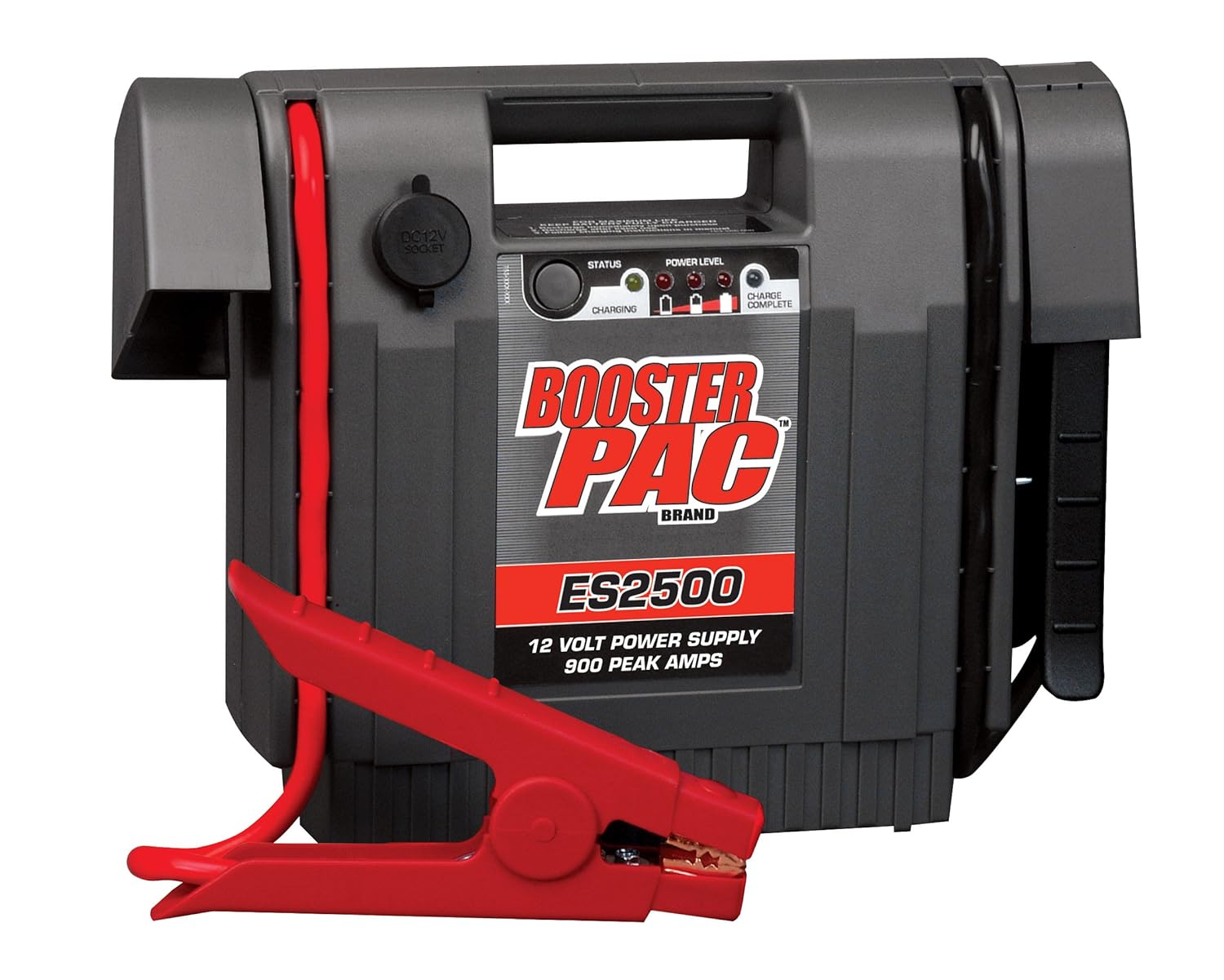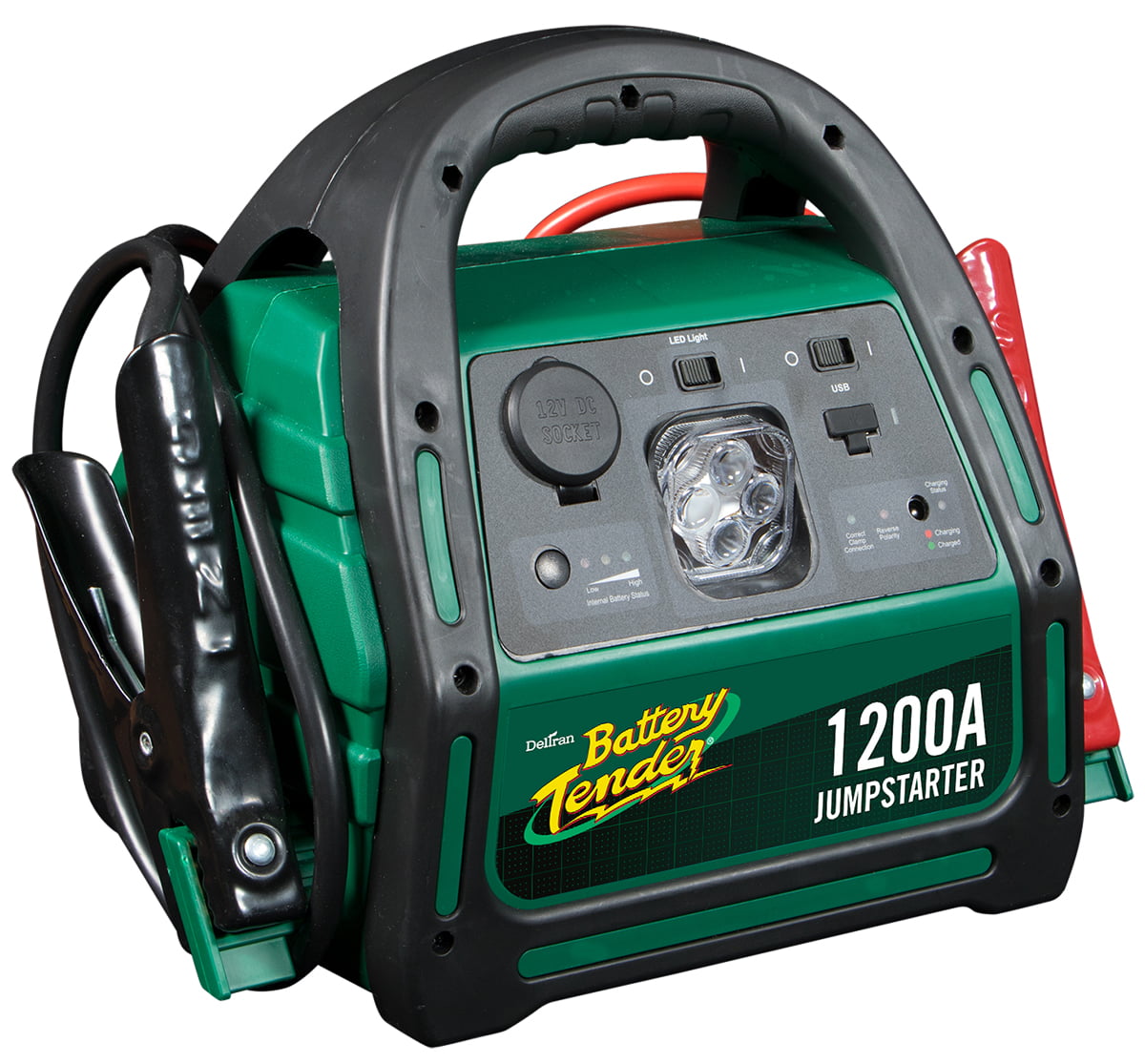

Jumper packs work well in tight spaces, such as in a parking garage, or if a person is alone and in need of a boost, he said. "It really comes down to 'Buy a good brand,' " Brehmer said.Ĭonsider replacing car batteries about every five years, Wolf recommended.Īnd don't forget about jumper cables, according to Tim Jansky, president and co-owner of All Care Towing Inc. A quality 750-amp battery will outperform a cheaper 1,000-amp model, he said. Spend about $100-150, he said, and don't pay attention to cold cranking amps - a measure of peak power potential. Quality of battery under your hood greatly affects performance as well, Brehmer said. Having a charge available from your trunk or center console in an ice-cold vehicle is one of the biggest misconceptions people have about the devices, Brehmer said.Īttempt to start a dead car, reach for a jumper pack and try to breathe life into your car: You're going to have hurt feelings, he said. Keep it inside, and the device will hold a usable charge for about six months, Jeng said. He said storage temperatures are most important for having a strong burst of power ready. "In Minnesota weather, definitely this product is not really meant for everyday usage," Jeng said.

Smaller packs, such as Juno's, are designed for emergencies.

Lithium-ion packs' maximum shots are about 300-400 amps, which work for many vehicles but can't compare to 1,500 amps, which the jumper sitting in Integrity's shop can push out. They send out a much weaker burst of energy than acid packs.Ī car starter will typically need about 100-150 amps to turn, Brehmer said. He keeps it in his back pocket, and he claims to have started a dozen vehicles on a single charge. The packs are rechargable using a Micro-USB connection over about 6-8 hours, Jeng said.īased outside of San Francisco, Juno designed the jumper packs to help charge cars, phones and other devices on the go, Jeng said.įor everyday, common charging of car batteries, he said a more standard pack might be better.īut Juno's will jump a vehicle more than a half dozen times, Jeng said.īrehmer said he uses one for testing vehicles. Like batteries in cellphones, they're small and lightweight - and getting cheaper. Instead of a standard liquid acid battery, those packs use lithium-ion or lithium-ion polymer technology. Within the last year or so, Wolf said, smaller units have emerged. Some have an attached air compressor, many have flashlights and they typically weigh more than 5 pounds, with many clocking in over 20.
JUMP STARTERS FOR CAR BATTERIES PORTABLE
Portable battery packs, or jump starters, have been available for about a decade, according to Chris Wolf, owner of Lenny's Crossroads Automotive in Waite Park.Ĭosts range from about $40 to more than $1,000. Thanks to developing technology and local service providers, life can re-enter dead cells in an instant. Winter temperatures, like Monday's low of minus 8, are killing Central Minnesota batteries.
JUMP STARTERS FOR CAR BATTERIES PLUS
A bright light is a double bonus: it’s a lifesaver if you have to connect up in the dark, and it makes a great warning beacon if you become stuck at the side of the road.īooster lead length is important too. NOCO Boost Plus GB40 is a 1000 Amp battery jump starter kit with a 12V charging mechanism. Such alerts may just save you damaging your jump starter and your car’s delicate electronics.įinally, we factor in value for money and ease of use. We prefer models with built-in safety features and alerts, to warn against wrongful connection, dead shorts, and a low charge on the car battery, when being used as a jump starter.


 0 kommentar(er)
0 kommentar(er)
